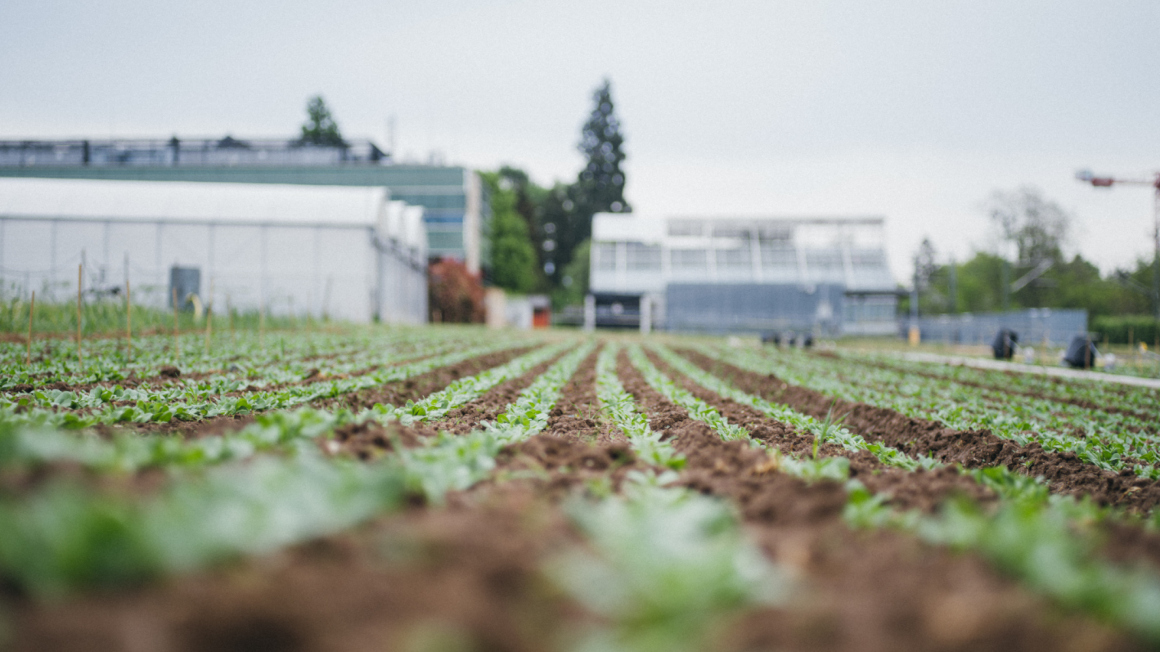Creating climate-resilient soils
The University of Geisenheim is participating in the European HydroSoilWise project to find solutions for climate-resilient soils in horticulture and agriculture.

The intensive use of agricultural land has placed a heavy burden on soils in north-west Europe. In many regions, the humus content is too low. As a result, soils are less able to store water, which increases the risk of erosion and flooding - and jeopardises food security in the long term.
The HydroSoilWise research project aims to make soil and water management in horticulture and agriculture in north-west Europe more sustainable. Twelve partners from Belgium, the Netherlands, France and Germany, including the Universities of Geisenheim and Kassel, are involved in the project. The project is being funded by the European Union with 2.9 million euros as part of the Interreg Northwest Europe programme.
Better water absorption by soils
The aim of the project is to improve the water storage capacity of the soil and thus reduce erosion. ‘Due to climate change, we are experiencing more and more periods of drought and even when it does rain, the soils are so hardened that the water runs off on the surface,’ explains Jana Zinkernagel, head of the project at the University of Geisenheim. The researchers want to use intelligent irrigation and water management practices to optimise water use.
Specialised research facility in Geisenheim
The task of the project team in Geisenheim is to test different forms of cultivation with regard to improving the water absorption of the topsoil. The experiments take place in a special research facility at the university, as Zinkernagel explains: "We are the only project partner with this technology. The special thing about it is that we don't have to estimate the effects of our management measures using model calculations, but can collect very specific data in the field."
An online toolbox as well as demonstrations and training measures are intended to transfer the developed methods into practical application and thus contribute to climate-resilient agriculture in north-west Europe.
lh


